Nearly one-third of the world’s deaths and near-deaths are related to heart disease. Every individual is at risk of acquiring a heart-related problem since all types of it are influenced mainly by diet. Certain foods can impact blood pressure and cholesterol levels, increasing other risk factors for heart disease.
Applying a more heart-healthy diet to your daily life can significantly improve your chances against heart attacks, strokes, and major cardiac abnormalities. Altering your diet with this quick list of heart health-maximizing foods can help you live life better.
10 Heart-Healthy Foods on Your Next Grocery List
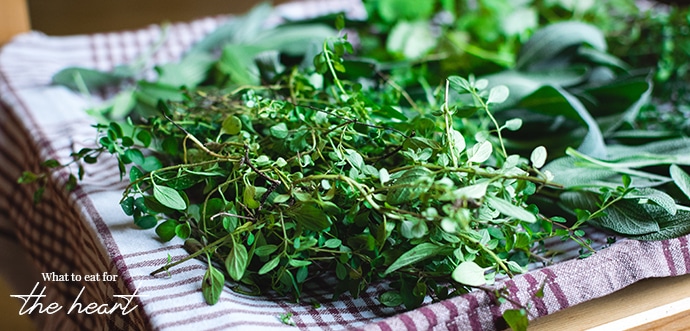
Fresh herbs
Rosemary, oregano, thyme, and sage are some of the best herb options you can use to spice up meals instead of the usual fat or salt. You can enjoy the same incredible flavors without the negative stuff, plus they are cheaper to get at the market. With herbs, your diet stays delicious and heart-smart.

Red wine
Yes, the red red wine is a strong, heart-healthy beverage. There are two antioxidants found in it – catechins and resveratrol – that are effective at protecting artery walls. A little red wine consumption, like a drink or two a day, can boost up your good cholesterol too.
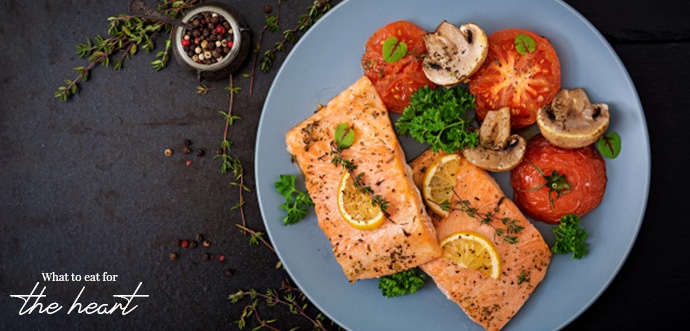
Salmon
Omega 3-s is known as healthy fat and is the most recommended essential for heart health preservation. Salmon is rich in Omega 3-s, capable of lowering arrythmia risks and blood pressure. A serving or two a week paired with veggies and herbs can also help you curb inflammation.
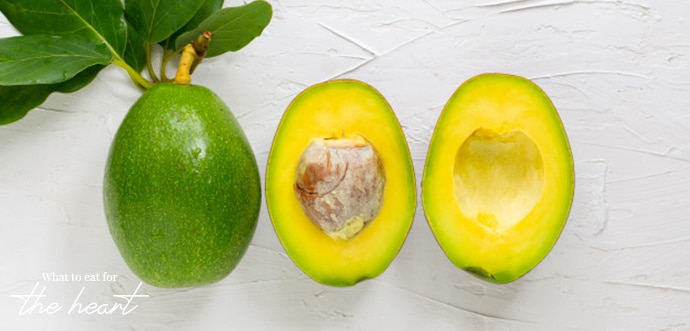
Avocados
Apart from being super delicious, avocados have monounsaturated fatty acid, the kind that has phytochemicals and essential vitamins that protect not just your heart but also other major organs. This fatty acid is also known as oleic acid, which in turn is known for lowering inflammation risks.
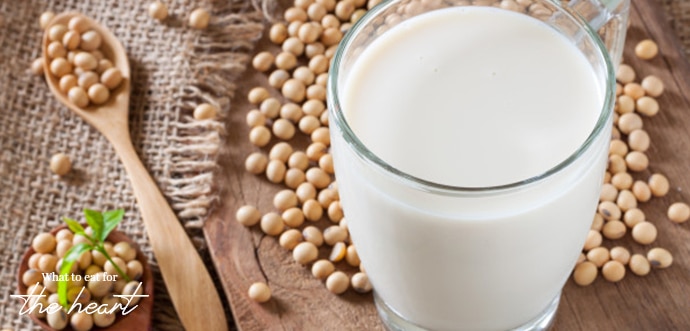
Soy milk or foods
Plant-based protein soy is a popular and great alternative to your everyday meat. It boasts an impressive collection of heart-healthy effects – lowering blood pressure, cutting down unhealthy fats, reducing cholesterol, and adding more Omega 3 fatty acids. Soy is also a great source of Vitamin D, an important component in calcium absorption.
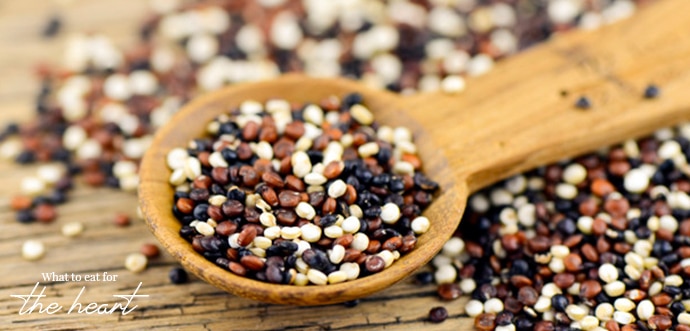
Whole grains
Whole grains are great fiber-vitamin-mineral combos and are known for lowering triglycerides (fatty acids) in the body. You probably have a regular whole grains diet – make sure to keep it consistent and to increase your intake every now and then. Two slices of whole grain bread plus sliced tomatoes and some lean turkey meat is a great heavy meal substitute.
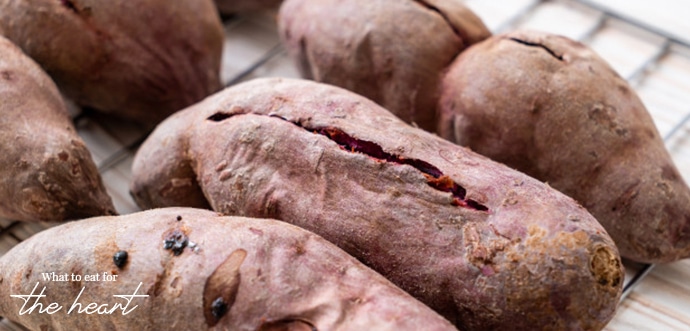
Sweet potatoes
Avoid sudden or eventual spikes in your blood sugar by switching to sweet potatoes. Apart from having lycopene, sweet potatoes also have vitamin A and fiber. The natural sweetness with very low glycemic index is always a winner.
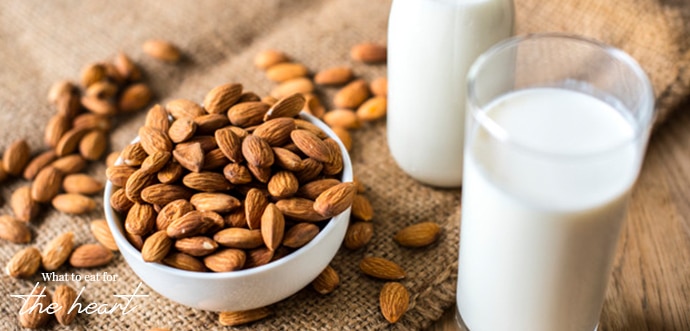
Sterols- and stanol-fortified margarine or almond milk
These items are easy to find at your local grocery store. They are plant-extracted and are known to be first line in defense against cholesterol. The extracts line up your intestines and prevent cholesterol from getting soaked up but also does not prevent good cholesterol absorption.
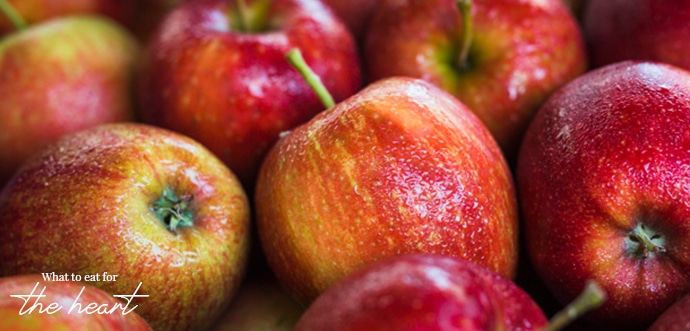
Red apples
The quote is true, an apple a day does keep the doctor away. Red apples are rich in various compounds that lower health-problem risk factors. A red apple has soluble fiber, polyphenols, quercetin, and flavonoids that are all linked to decrease risks of stroke.
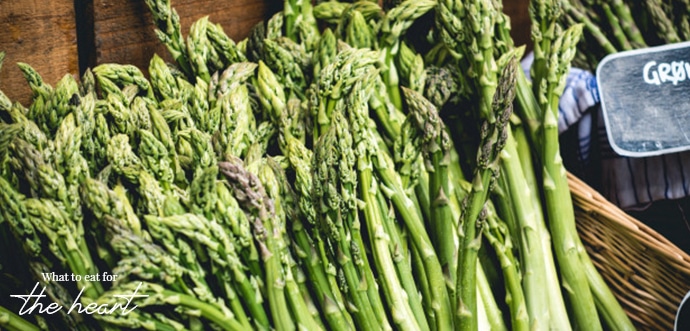
Asparagus
Asparagus also boasts several health benefits such as healthy weight loss, lowered blood pressure, and improved digestion (all key to good heart health). It is a great source of nutrients such as Vitamins A/C/E/K, fiber, chromium, folate, and some trace minerals.
